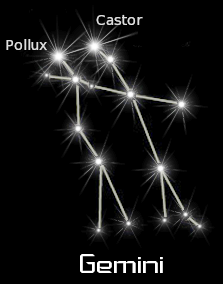He said it: On the origin of the universe, life, and humanity
 From best known early twentieth century Catholic writer and apologist [take this, current Pontifical Institute!] G. K. Chesterton’s The Everlasting Man (book text here:
From best known early twentieth century Catholic writer and apologist [take this, current Pontifical Institute!] G. K. Chesterton’s The Everlasting Man (book text here:
Now what is needed for these problems of primitive existence is something more like a primitive spirit. In calling up this vision of the first things, I would ask the reader to make with me a sort of experiment in simplicity. And by simplicity I do not mean stupidity, but rather the sort of clarity that sees things like life rather than words like evolution.For this purpose it would really be better to turn the handle of the Time Machine a little more quickly and see the grass growing and the trees springing up into the sky, if that experiment could contract and concentrate and make vivid the upshot of the whole affair. Read More ›
 A curious feature of science literature in a materialist age is the frequent appearance of stories about things everyone knows are true that we are now assured are “proven by research.” Take the fact that animals have personalities: This ScienceDaily
A curious feature of science literature in a materialist age is the frequent appearance of stories about things everyone knows are true that we are now assured are “proven by research.” Take the fact that animals have personalities: This ScienceDaily  From “What Can Twins Tell Us About Mate Choice?” (ScienceDaily, Apr. 26, 2011), we
From “What Can Twins Tell Us About Mate Choice?” (ScienceDaily, Apr. 26, 2011), we  …
… 
 Dane Leif Asmark sends
Dane Leif Asmark sends  The contest (Saturday, April 16) asked:
The contest (Saturday, April 16) asked: